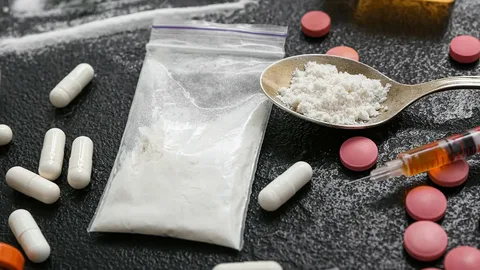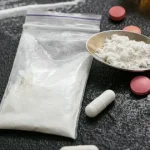It can be difficult for a parent during their teenage years. We dread having “the talks”, whether it be about sex, relationships, alcohol or drugs. But they’re also completely necessary talks to have too.
When it comes to the latter, drugs can be devastating to a teenagers life, not just for the health risks, but also the likes of education, relationships and even the law, all affecting their future.
In later life, many can trace their problems with drugs back to their teenage years, so if you find that your teen is struggling with drugs, it’s incredibly important to action.
Drug detox clinics is the first step in that, getting the drugs out of their system so that they can get the treatment and therapy they need to move forward in life. If you feel you’re at that stage with your teen, here are five top tips to help your teenager through a drug detox…
Seek Professional Guidance
Table of Contents
Firstly, the best course of action is to get professional help. Not just for the recovery process, but also the detox. Young bodies and minds react very different to withdrawal in comparison to adults and having round the clock supervision is really important.
Professionals can monitor the vital signs, provide medication to ease withdrawal symptoms and, essentially, just ensure that they are withdrawing in a safe environment.
What’s more, they can also provide you with the support you need too, whether it be reassurances or the ability to answer any questions you may have at what is a stressful time.
Create a Calm and Safe Environment
You want to eliminate any sources of stress for your teen and make sure that they are in a calm and safe environment. Get rid of any access to drugs or alcohol in the house and limit any exposure to triggers.
Creating a calm environment will help reduce anxiety and other common symptoms in detox, allowing them to fully focus on the process.
Offer Emotional Support Without Judgement
As a parent it can be difficult to keep your own emotions in check, and during detox they can come out of both of you in all forms. However, it’s important that you provide them with emotional support and ensure you are doing so without judgement.
You want them to be able to open up to you and discuss their feelings openly. That’s why you should actively listen, validate their experiences and be encouraging towards them. This will help them feel like they aren’t isolated, as well as keeping them motivated on their recovery journey.
Encourage Healthy Coping Mechanisms
Helping your teen develop healthy coping strategies is a vital part of detox and ongoing recovery. Encourage activities that reduce stress and occupy the mind, such as light exercise, creative pursuits like drawing or music, mindfulness, or journaling.
These practices not only distract from cravings but also help your teen process emotions in a constructive way. Over time, these habits can replace reliance on substances as a coping mechanism, promoting long-term resilience.
Be Prepared for Cravings and Set Boundaries
Finally, be prepared for cravings and risk of relapse. During detox cravings can be incredibly intense, so prepare with coping strategies and continually reinforce the reasons as to why detox can help.
You should also set boundaries and explain the consequences of substance abuse, but be calm, be consistent and make it very clear that you still support them.
It’s a fine balance between structure and empathy, but one that can really help create a positive framework for your teen to get their life back on track.











